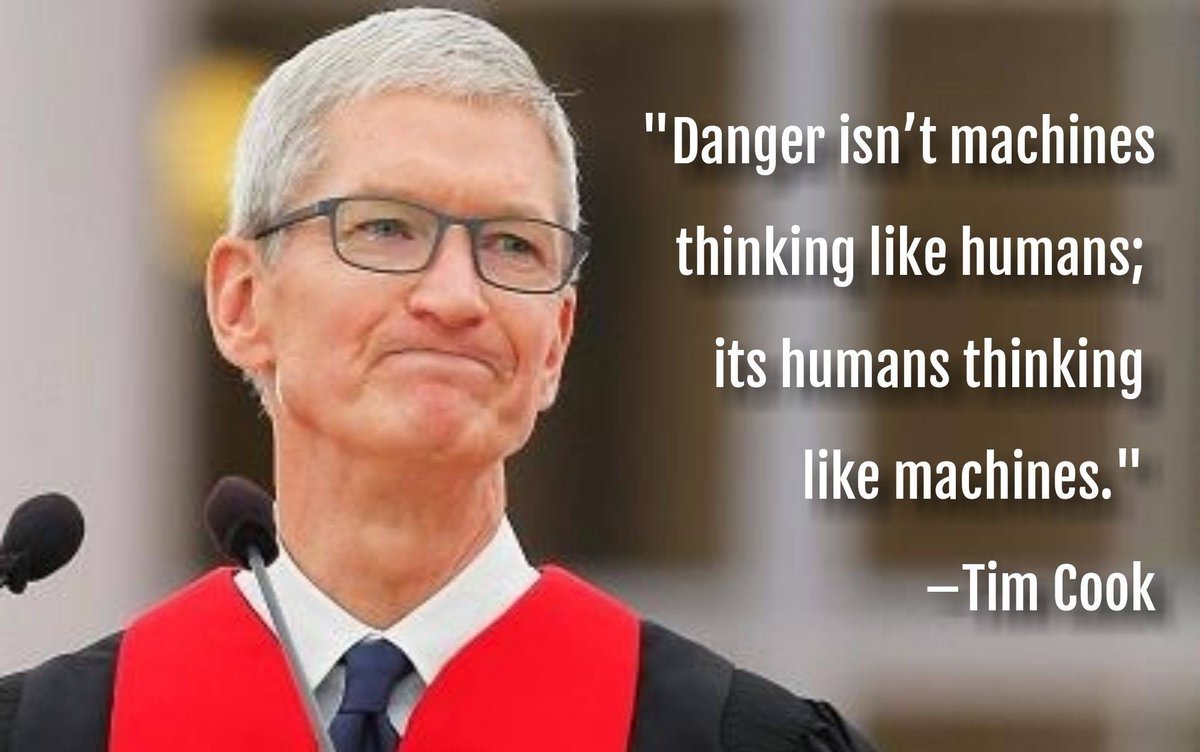Há tempos um empresário ao almoço explicáva-me a superioridade do modelo chinês:
A China pensa a 50 anos:
O partido comunista pensa a 50 anos e, depois, executa.
Enquanto isso, nós na Europa, com a luta partidária teremos uma espécie de cose e descose, (Penélope, penso eu agora), com partidos a trocar de turno entre oposição e situação.
Ele não deu solução para o desafio.
Enquanto ele fazia o desenho na toalha de papel eu tinha uma resposta na cabeça, mas não o quis chocar e calei-me, para não perdermos tempo.
Lembrei-me disto ao ler um artigo ontem no Jornal de Negócios, "
Não pode haver emprego sem salário. Mas isso acontece". A certa altura apanho:
"Qual é a melhor estratégia?É dizer que somos fortes, temos liderado durante os últimos séculos. [...] Temos de construir uma Europa de projetos. Temos de dizer “temos 10 ou 15 desafios à nossa frente”. Os chineses conseguem fazê-lo muito bem. Porque na China, com o partido comunista, eles pensam no futuro e organizam-se para o melhor e para o pior."
As palavras são de Pierre Gattaz que assumiu em Junho de 2018 a presidência da Business Europe,
que tem sede em Bruxelas, e representa habitualmente nas cimeiras tripartidas as confederações empresariais de 35 países europeus.
A minha resposta era e é:
Não podemos acreditar na superioridade do pensamento único, por mais bem intencionado que seja. Não podemos acreditar que
Sandy é melhor que MacGyver, não podemos acreditar que 1984 é a resposta.
A resposta não é melhorar o governo, qualquer que ele seja, porque por melhor que ele seja nunca vai ser capaz de lidar com um mundo em turbulência. A resposta é criar uma sociedade que que precise de menos governo, que dê mais liberdade de iniciativa a todos, que não precise de megaprojectos para alimentar as
elites sempre à "babugem" das fumarolas, megaprojectos para
gáudio dos donos disto tudo.
Se o mundo não mudasse faria sentido a abordagem chinesa, mas num mundo como o nosso, o que é verdade hoje, é mentira amanhã. Lembram-se do dinheiro que entrou na indústria no tempo de Cavaco Silva e fez de Portugal a china da Europa antes de haver China? Foi mal aplicado? Não! Foi aplicado
no que fazia sentido naquele tempo, chegamos a menos de 4% de desemprego em Janeiro de 1992. Quando a verdadeira China entrou em jogo... tudo o que foi construído ruiu como um baralho de cartas.
Não podemos acreditar que o modelo de governação chinês que transformou um país agrário numa potência económica à base do modelo do século XX possa ser aplicado com sucesso na Europa, ou até mesmo à China do verdadeiro século XXI. Não é política, é dinâmica de sistemas. Planeamento central não joga com complexidade, lição da
Mesopotâmia pré-Abraão e da
blitzkrieg.
À atracção, de alguns, pela uniformidade chinesa, prefiro o
amor pela volatilidade:
"Stifling natural fluctuations masks real problems, causing the explosions to be both delayed and more intense when they do take place."
E nem de propósito, na minha caminhada na madrugada de ontem comecei a ler "The Infinite Game" de Simon Sinek:
"Finite games are played by known players. They have fixed rules. And there is an agreed-upon objective that, when reached, ends the game. Football, for example, is a finite game. The players all wear uniforms and are easily identifiable. There is a set of rules, and referees are there to enforce those rules. All the players have agreed to play by those rules and they accept penalties when they break the rules. Everyone agrees that whichever team has scored more points by the end of the set time period will be declared the winner, the game will end and everyone will go home. In finite games, there is always a beginning, a middle and an end.
Infinite games, in contrast, are played by known and unknown players. There are no exact or agreed-upon rules. Though there may be conventions or laws that govern how the players conduct themselves, within those broad boundaries, the players can operate however they want. And if they choose to break with convention, they can. The manner in which each player chooses to play is entirely up to them. And they can change how they play the game at any time, for any reason.
Infinite games have infinite time horizons. And because there is no finish line, no practical end to the game, there is no such thing as “winning” an infinite game. In an infinite game, the primary objective is to keep playing, to perpetuate the game.
...
An infinite-minded leader does not simply want to build a company that can weather change but one that can be transformed by it. They want to build a company that embraces surprises and adapts with them. Resilient companies may come out the other end of upheaval entirely different than they were when they went in (and are often grateful for the transformation).”
















